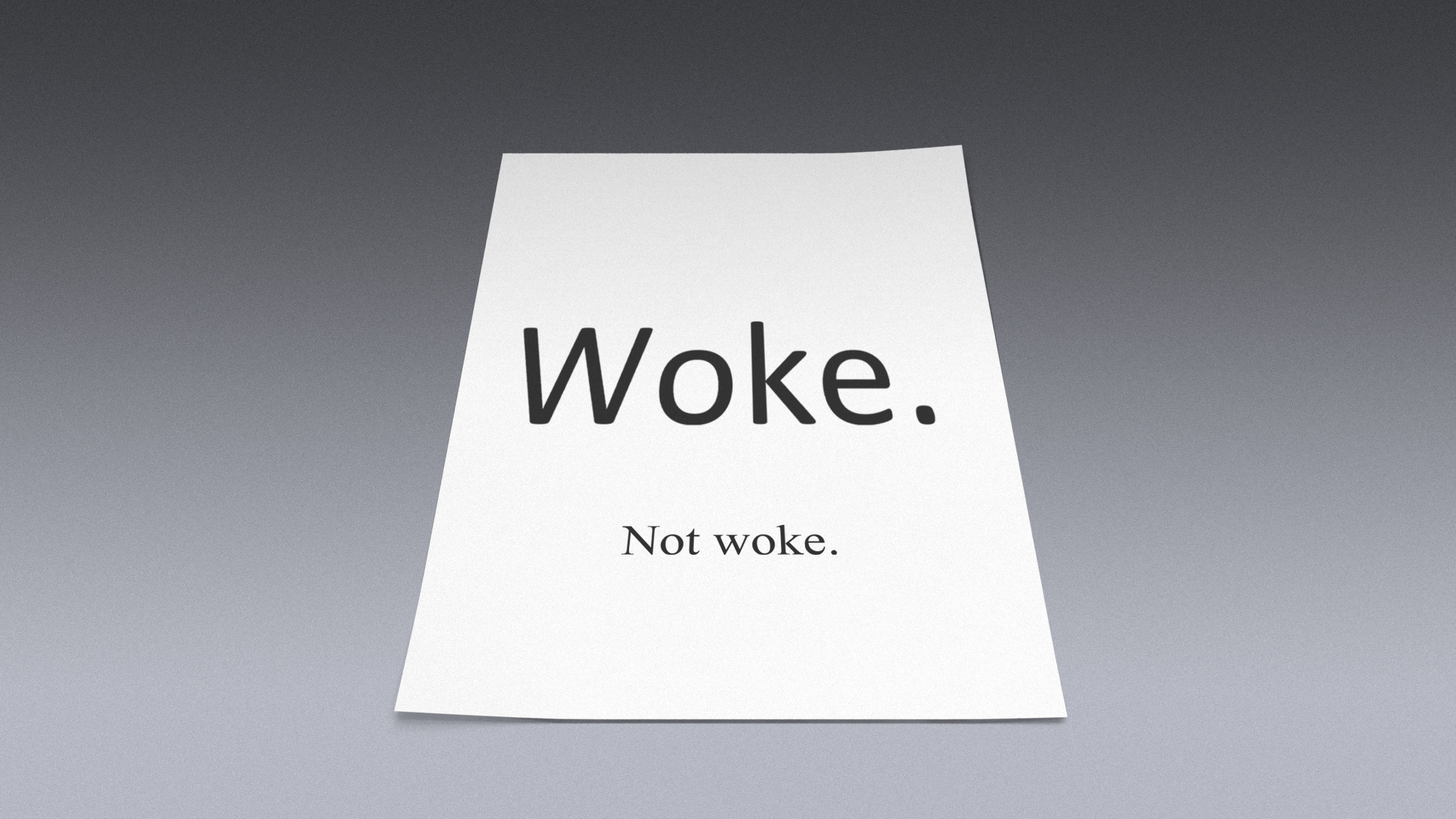Marco Rubio's Israel anti-boycott law is an attack on free speech
Politicians shouldn't be able to tell Americans what they can and cannot boycott


A free daily email with the biggest news stories of the day – and the best features from TheWeek.com
You are now subscribed
Your newsletter sign-up was successful
These are divisive times. But Americans should be able to agree on at least one issue: Sen. Marco Rubio (R-Fla.) shouldn't be the arbiter of what political expression is or isn't allowed in America.
Rubio is leading the effort to pass the "Combating BDS Act," a law that would give the federal imprimatur to state and local governments that pass laws against giving government contracts to individuals and companies that boycott the State of Israel in opposition to its policies regarding the Palestinian territories.
That act — part of a larger package of measures regarding Middle East policy — suffered a setback this week, thanks to a Democratic filibuster. But Rubio and the anti-boycott movement aren't done.
The Week
Escape your echo chamber. Get the facts behind the news, plus analysis from multiple perspectives.

Sign up for The Week's Free Newsletters
From our morning news briefing to a weekly Good News Newsletter, get the best of The Week delivered directly to your inbox.
From our morning news briefing to a weekly Good News Newsletter, get the best of The Week delivered directly to your inbox.
"Opposition to our bill isn't about free speech," Rubio tweeted Tuesday. "Companies are FREE to boycott Israel. But local & state governments should be FREE to end contracts with companies that do."
A good rule in politics: If you have to say a proposed law isn't about free speech, it's probably about free speech.
The courts, at least, seem to disagree with Rubio. Federal courts have blocked anti-BDS laws in Arizona and Kansas, the latter of which required any individuals and companies that contract with the state to certify they are "not currently engaged in a boycott of Israel." Those rulings followed a long legal history: The Supreme Court ruled in the 1990s that local governments can't fire contractors for protected political speech.
That's a good thing. Boycotts, after all, are a long-established political tool, both in the United States and abroad. Perhaps most famously, Martin Luther King Jr. led a boycott in Montgomery, Alabama to protest the racist policies of the bus service in that city after Rosa Parks refused to give her seat to a white passenger. In just the last few years, conservatives have boycotted Nike — even burning their shoes in protest — in response to an ad that featured Colin Kaepernick, the quarterback known for his protest against police brutality, while liberals have mounted boycott campaigns against companies that do business with the NRA or advertise on Fox News shows. There are even boycotts against Chik-fil-A.
A free daily email with the biggest news stories of the day – and the best features from TheWeek.com
Why should Israel be off limits?
The country, after all, has thrived in its modern incarnation for more than 70 years located in a pretty hostile Middle Eastern neighborhood. It has nuclear arms and is the recipient of billions of dollars in U.S. military aid. It seems resilient enough to survive a decision by a few Americans to spend their dollars elsewhere.
You don't have to weigh the merits of Israeli policy, though, to think Rubio's bill is bad. The ACLU, for example, is fighting against anti-BDS laws but hasn't taken a position for or against these boycotts themselves. The argument isn't about whether such boycotts are good, wise, or just. It's about whether state, local, and federal governments in the United States should be able to punish people — like an attorney who provides legal services for poor defendants, or a teacher who helps other teachers get ready for the classroom — for making the political decision to boycott something.
"Public officials cannot use the power of public office to punish views they don't agree with," the ACLU said in a blog post. "That's the kind of authoritarian power our Constitution is meant to protect against."
That's exactly right. Certainly, Rubio isn't against boycotts per se: The bill, he explained in a tweet this week, "allows local & state govt's to boycott the boycotters by ending contracts with companies that give in to these Anti-Israel demands." He wants to punish Americans not for doing the wrong thing, but for thinking the wrong thoughts.
At some point, the ongoing government shutdown will end. It's possible that opposition to Rubio's anti-boycott bill will subside as a result — Democrats filibustered the bill this week in part because they were blocking any Senate action until the standoff is over. But I would argue the controversy over the boycott movement is likely to get louder: The Birmingham Civil Rights Institute just rescinded an award to lefty icon Angela Davis because she supports boycotting Israel.
In coming months, then, it seems likely the movement will spark discussions and arguments among neighbors, in churches, and across any number of American communities. It's up to individuals to decide how and if they'll act — Rubio and the U.S. government shouldn't get to decide for them in advance.
Joel Mathis is a writer with 30 years of newspaper and online journalism experience. His work also regularly appears in National Geographic and The Kansas City Star. His awards include best online commentary at the Online News Association and (twice) at the City and Regional Magazine Association.
-
 How to Get to Heaven from Belfast: a ‘highly entertaining ride’
How to Get to Heaven from Belfast: a ‘highly entertaining ride’The Week Recommends Mystery-comedy from the creator of Derry Girls should be ‘your new binge-watch’
-
 The 8 best TV shows of the 1960s
The 8 best TV shows of the 1960sThe standout shows of this decade take viewers from outer space to the Wild West
-
 Microdramas are booming
Microdramas are boomingUnder the radar Scroll to watch a whole movie
-
 ‘Bad Bunny’s music feels inclusive and exclusive at the same time’
‘Bad Bunny’s music feels inclusive and exclusive at the same time’Instant Opinion Opinion, comment and editorials of the day
-
 How Iran protest death tolls have been politicised
How Iran protest death tolls have been politicisedIn the Spotlight Regime blames killing of ‘several thousand’ people on foreign actors and uses videos of bodies as ‘psychological warfare’ to scare protesters
-
 The Board of Peace: Donald Trump’s ‘alternative to the UN’
The Board of Peace: Donald Trump’s ‘alternative to the UN’The Explainer Body set up to oversee reconstruction of Gaza could have broader mandate to mediate other conflicts and create a ‘US-dominated alternative to the UN’
-
 A new serif in town: Trump’s font culture war
A new serif in town: Trump’s font culture warIn the Spotlight As the State Department shifts from Calibri to Times New Roman, is this just a ‘typographic dispute’, or the ‘latest battleground’ of a culture war
-
 Israel’s E1 zone in the West Bank: the death of the two-state solution?
Israel’s E1 zone in the West Bank: the death of the two-state solution?The Explainer Controversial new settlement in occupied territories makes future Palestinian state unviable, critics claim
-
 ‘The security implications are harder still to dismiss’
‘The security implications are harder still to dismiss’Instant Opinion Opinion, comment and editorials of the day
-
 Trump’s power grab: the start of a new world order?
Trump’s power grab: the start of a new world order?Talking Point Following the capture of Nicolás Maduro, the US president has shown that arguably power, not ‘international law’, is the ultimate guarantor of security
-
 The billionaires’ wealth tax: a catastrophe for California?
The billionaires’ wealth tax: a catastrophe for California?Talking Point Peter Thiel and Larry Page preparing to change state residency
